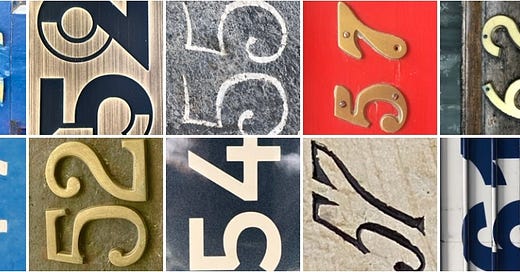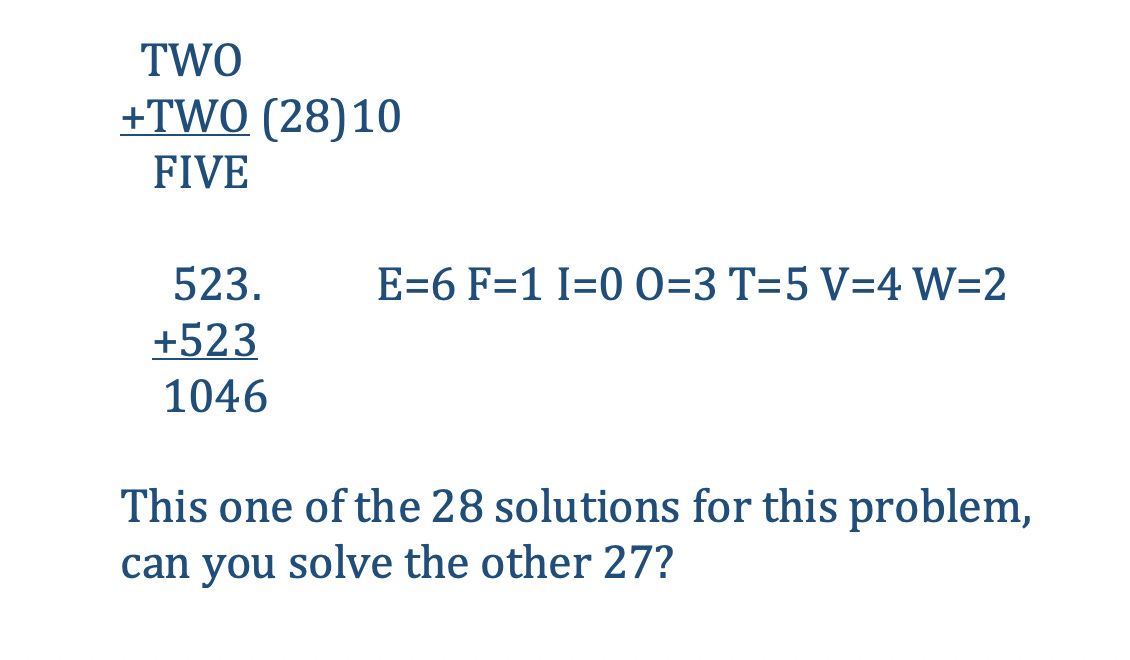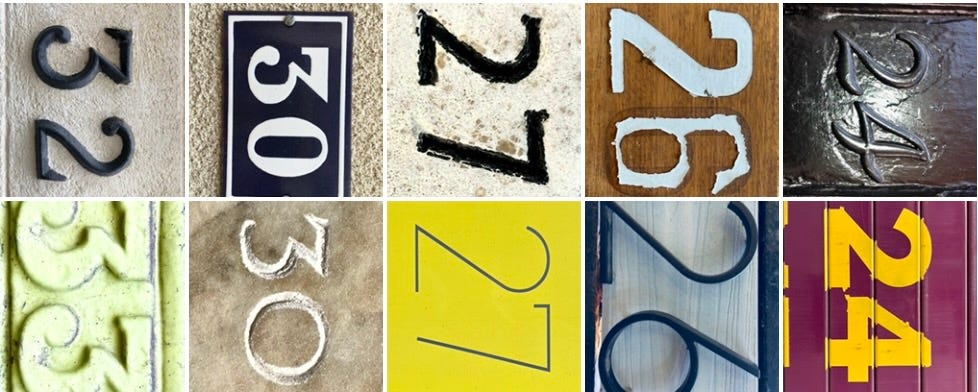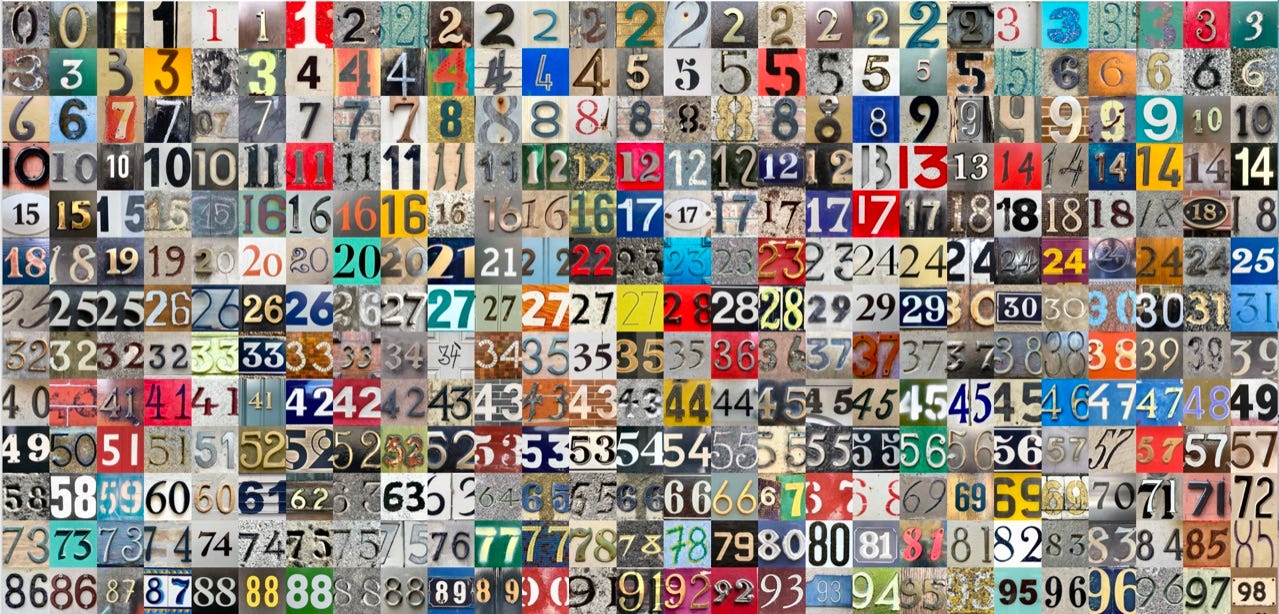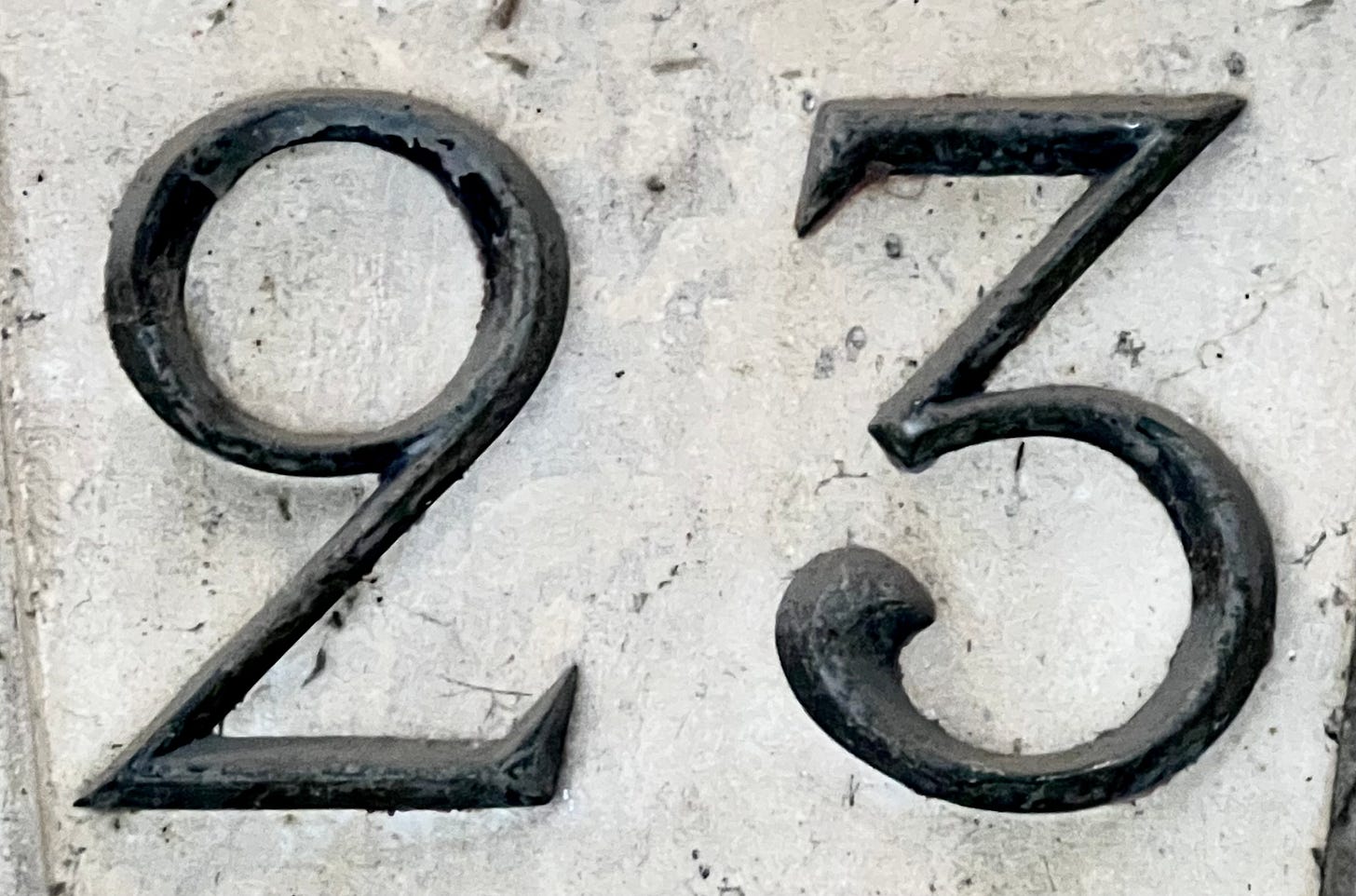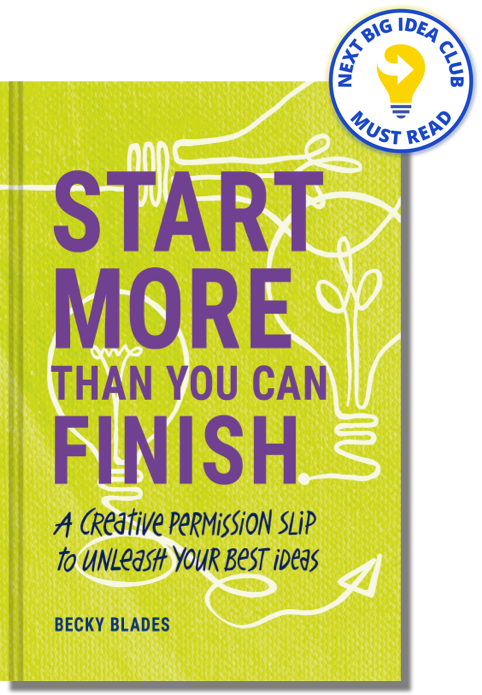How many starts must a stARTistic startist start for this startist to start stopping?
That’s probably not an answerable question; I just wanted to see how many times I could use ‘start’ in a sentence.
Because as I’ve been learning…and shouting like a crazy person from the rooftops, MORE starts is BETTER. The MORE we start, the BETTER we get at starting. The BETTER we get at starting, the MORE we finish and the BETTER our ideas become. The BETTER our ideas, the MORE we start.
It adds up.
It adds up faster than we think. It’s mind bending, actually, how one okay idea can turn into a great idea, which turns into six more ideas. Because the math of starting makes its own rules.
My friend, math puzzle guy David Disney, sent me this email riddle a few weeks ago:
Check out this Wiki: https://en.m.wikipedia.org/wiki/2_%2B_2_%3D_5
David makes artful puzzles with numbers, like this one
(answer at end of article.)
What I learned from David Disney’s math play is that there is not always one right answer. (That’s the main thing I didn’t like about numbers – the only-one-right-answer part.)
As I’ve studied the art of starting, I’ve talked to hundreds of people and learned that for some, numbers are beautiful, powerful ingredients of creation. Numbers are the art supplies of business creators, engineers, sales pros, statisticians and mathematicians, to name a few. They use math to make masterpieces.
The numbers I like to play with are the numbers I collect on my camera. I started years ago photographing numbers in the wild – addresses on buildings, license plates, signs, art, and my favorites, gritty numbers on New York dumpsters.
I'm using these numbers to countdown the days until the launch of my book, Start More Than You Can Finish.
When I started this article it was 23 days until launch day.
But I got distracted, so now it’s 11 days to my 11/1 launch. But that’s symmetrical and quite lovely, don’t you think?
Your profound and powerful takeaways:
1. The more we start, the more we finish. This will always be simple math.
Acting on our ideas is a game that some of us think we play better if we don’t keep track of the numbers. But numbers show up in deadlines, budgets and data, which almost always come up when we act on our ideas. So making peace with numbers is part of successful creating.
If your kid is 16 and they will be 18 next year, math puzzles are the least of your concern.
*(Answer to the puzzle 1 about the son: This can only happen on his 17th birthday, when he would be 16 the year before and 18 the next year.)
Exciting news! Start More Than You Can Finish has been named a MUST READ selection by the Next Big Idea Club!

